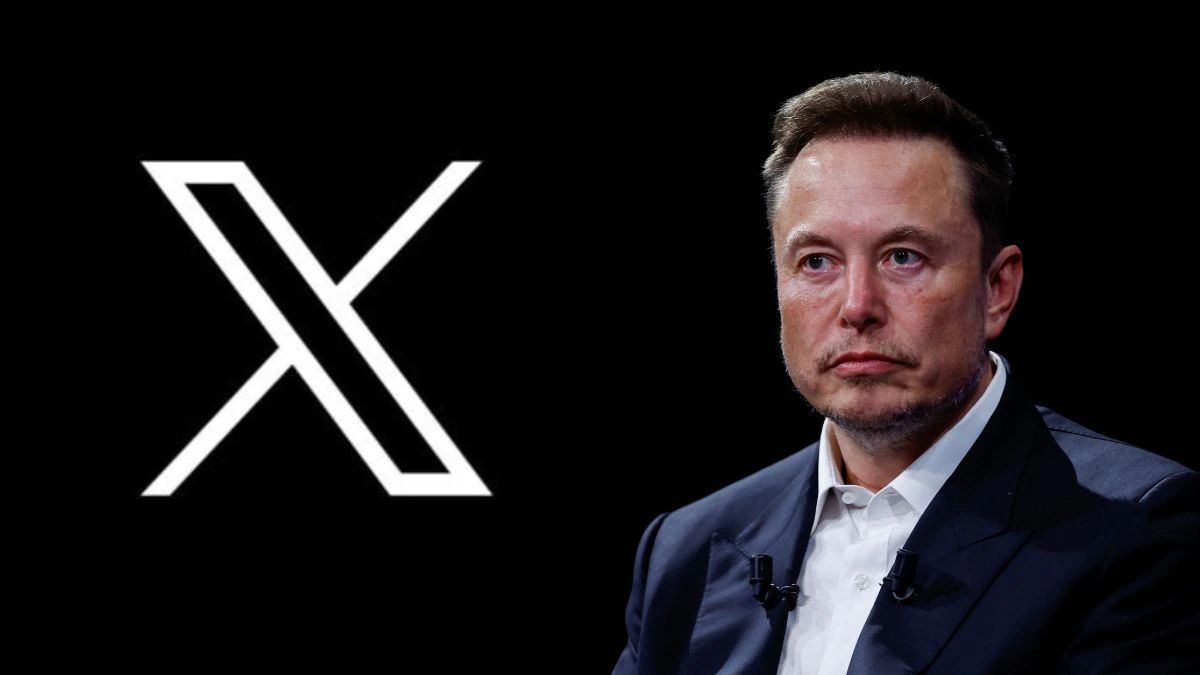
Members -- 14 days ago

Words: Tom Ward
Elon Musk’s takeover of Twitter has been a long, drawn out affair. He first tweeted about maybe taking over last year. He finally did last October, spending $44bn, only to attempt to back out of the purchase. A lawsuit was threatened. Eventually, Musk did takeover, only to fire a significant portion of the staff in an attempt to cut costs. Since then, he’s only attracted more controversy.
Discover the perks of being a member
| Clubhouse Membership | |
|---|---|
| Quarterly MagazineDelivered to your door | |
| Unlock DigitalAccess to all member-only online features | |
| Exclusive Interviews and FeaturesIn-depth stories and insights. | |
| Membership Cardto redeem all the perks. | |
| Members Invites to private Clubhouse events | |
| Weekly newsletter Straight to your inbox | |
To receive the latest in style, watches, cars and luxury news, plus receive great offers from the world’s greatest brands every Friday.
